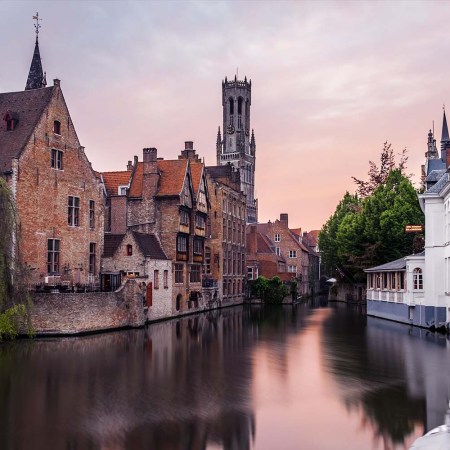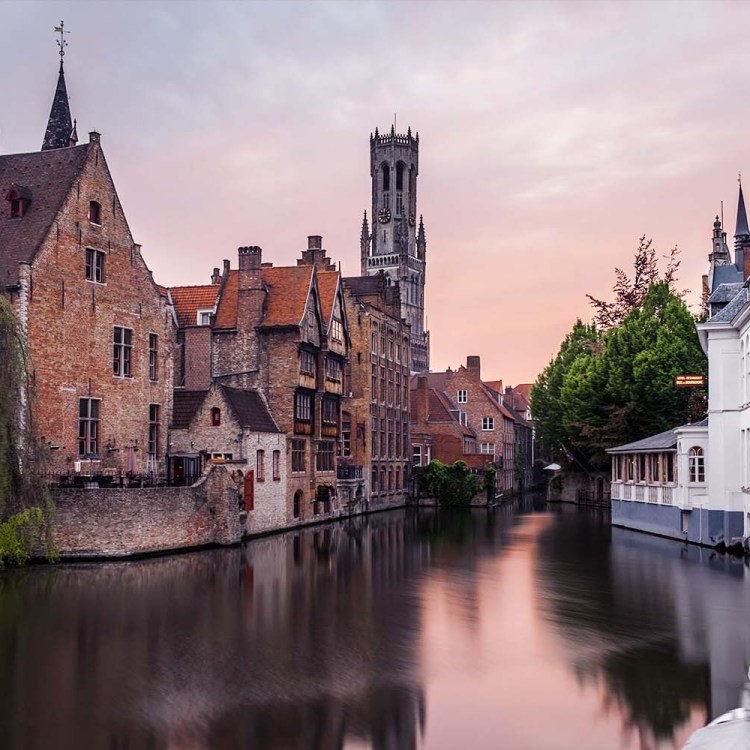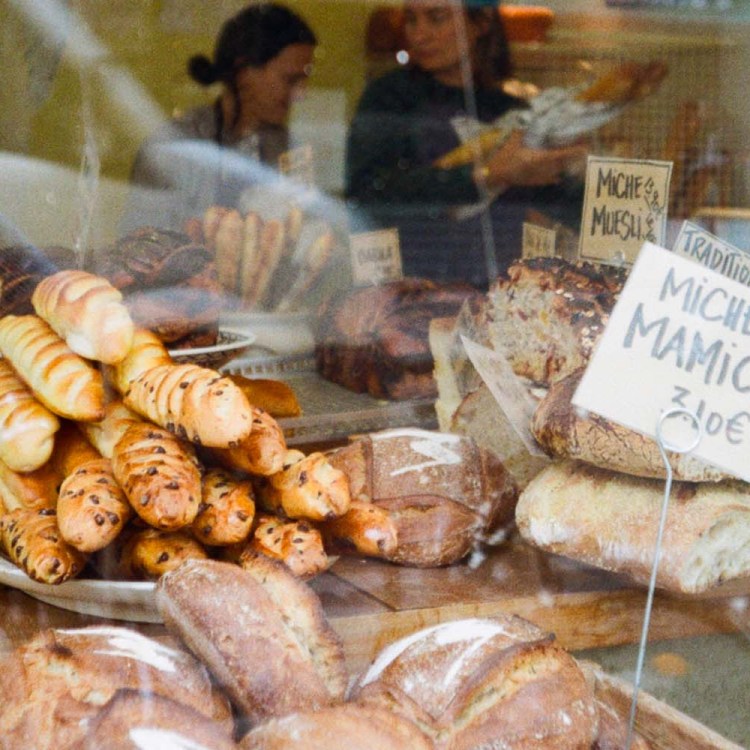On the off chance you’re headed to Amsterdam any time soon, don’t bank on booking an Airbnb. The city has spent years limiting home sharing and is now considering a total ban on home rentals in certain neighborhoods.
The Dutch capital isn’t trying to make life harder for visitors, it’s just trying to make it easier for locals. The city’s executive of housing policy, Laurens Ivens, summed up the city’s thought process pretty well: “A home is meant to be lived in … it should not be seen as a profit object.”
While many of Amsterdam’s tall, narrow townhouses are slept in, an increasing few are actually lived in. Thanks to digitized lockboxes and pay-rolled cleaning crews, B&B hosts can rent their stays without setting foot in them for weeks on end, as visitors come and go. It’s a transient affair.
In 2015, I stayed in a neighborhood called De Pijp with a couple friends. We all fell asleep on the couch upon arriving (it was 6AM, we’d gone out the night before the flight), only to wake up and realize our actual apartment was two floors up. Why were all the units marked Airbnb and openly accessible? Because “Lars” was basically operating an adult dorm. No wonder we got dirty looks at the local watering hole.
Amsterdam might not manage a blanket ban on home rentals, but it’ll probably pull off a series of smaller limitations. Namely, by forcing hosts to actually live in their properties and apply for a license from the city from 2020 on, which will only be valid for five years. They almost could decrease the acceptable length of a visitor’s stay — at the moment, vacation rentals are already capped at 30 days.
Whether staying or hosting, you ought to know which cities aren’t too excited about your Airbnb or similar rental. To that end, we’ve rounded up six other destinations with increasingly inhospitable regulations on home sharing. You won’t want to avoid these cities entirely, as every name on the list is worth visiting — the Toledos of the world aren’t trying to discourage tourism — but this intel should help you plan your trips (or future renting pursuits) accordingly.
Santa Monica
The beach city collects a 14% occupancy tax on every room in town (Airbnb, hotel or otherwise), and renters here have to register for a business license, Since 2015, it’s run a short-term rental program whereby primary residents can rent out homes for periods less than 31 days at a time. They must be on the premises. Unless you’re crashing with a friend, it’s kind of a no-brainer to not stay directly in Santa Monica. We suggest one of these 16 hotels nearby.
New York
Lots of fine print here. According to a measure passed in 2016, it’s illegal to rent out an entire apartment for less than 30 days. However, permanent residents can rent out a private room for less than 30 days, provided they’re in the home and not listing other homes at the same time. New York’s our primary backyard here at IH, and for a great staycation we normally go with hotels anyway. Choose from this list, which we anointed with various superlatives (coolest lobby, best in-house dining, etc.) late last year.
San Francisco
Similar to Santa Monica and New York, SF mandates that its Airbnb hosts are permanent residents (defined by the city as living at the property at least 275 nights per year), are present during a stay, don’t rent out another unit, and register with the city for business entity and certified host designations. There’s also a 14% lodging tax levied on all guests. While many locals have scoffed at the regulations, failure to comply is already proving expensive. The city fined landlords a combined $2.25M last year, and banned them from renting for seven years. We recommend avoiding that mess and staying at The Proper.
Paris
Of Airbnb’s 81,00 urban markets, Paris has historically been the biggest. It still has over 60,000 properties to offer. Parisian officials have aggressively limited home sharing, though, and in 2015 fined renters violating its secondary rental apartments ban €25,000 apiece. As the city is sprawling, and everything you’re there to see is near the center, don’t bother looking for a property out of the way. Paris is one of the world’s great hotel cities and you can should somewhere old (Hotel Lutetia) or somewhere new (The Hoxton Paris).
Barcelona
Only Airbnb could have a rough summer in Spain. Last May and July, Barcelona A) removed over 2,500 listings that didn’t have a city-approved license and B) obtained unique access to Airbnb’s listings data (city officials now know without much investigation if a property is listed illegally), which resulted in the removal of 1,500 more listings. As the regulations here are so Airbnb-specific, you ought to give an alternative home sharing service a try, like Oasis. Its under-the-radar nature might help you steal a sweet apartment without having to jump through bureaucratic hoops.
Japan
Remember this? In 2018, Japan abruptly rolled out its new home sharing regulations, and a ridiculous 80% of national listings were removed overnight from Airbnb. The country’s new regulations require renters to register their property with the government, so if your prospective stay doesn’t have a government-approved registration number, keep looking. You shouldn’t have to look too hard. As of this week, in fact, Airbnb is celebrating its comeback in Japan.
For more travel news, tips and inspo, sign up for InsideHook's weekly travel newsletter, The Journey.


















